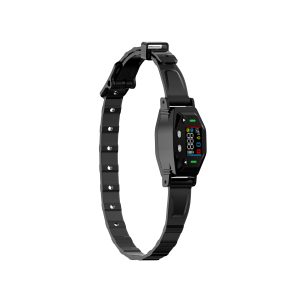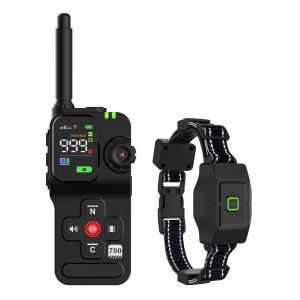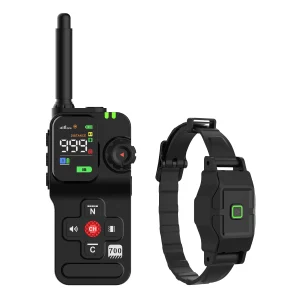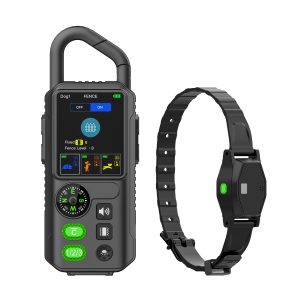Bark Control: Can First Alert Hurt Your Dog?
Many pet owners turn to bark control devices when dealing with excessive barking. Among these devices, First Alert bark control products are quite popular. However, there is a growing concern among pet parents regarding the potential harm these devices might cause to their furry friends.
Understanding First Alert Bark Control Devices
First Alert offers a range of bark control solutions, from ultrasonic devices to citronella collars. While these products are designed to deter barking through sound or scent, some question their effectiveness and impact on a dog’s well-being.
Potential Risks of Using Bark Control Devices
One of the main concerns surrounding bark control devices is the possibility of causing distress or even pain to dogs. Some studies suggest that prolonged exposure to high-frequency sound or aversive scents can have negative effects on a dog’s behavior and mental health.
The Debate: Safety vs. Efficacy
Proponents of bark control devices argue that they are a humane and effective way to address excessive barking, preventing noise-related complaints and promoting peace in neighborhoods. However, opponents emphasize the importance of considering the potential negative consequences on a dog’s welfare.
Alternatives to Bark Control Devices
For pet owners concerned about the impact of bark control devices, there are alternative methods to manage barking behavior. Positive reinforcement training, exercise, and addressing underlying causes of barking can be effective strategies without the potential risks associated with electronic devices.
Conclusion
While First Alert bark control devices offer a quick solution to excessive barking, pet owners should carefully consider the potential impact on their dog’s well-being. By weighing the pros and cons, you can make an informed decision that prioritizes your pet’s safety and happiness.




